Despite U.S. per capita-milk consumption falling significantly in recent decades, according to the U.S. Department of Agricultural, Americans are consuming a record amount of dairy in butter and cheese — products made from milk fat.
In a new study, a team led by researchers at Penn State demonstrated that supplementing dairy cattle feed with 15 percent whole cottonseed can increase milkfat concentration and yield. Whole cottonseed, which is high in unsaturated fatty acid and protein that cows need to produce milk fat, is a byproduct of processing cotton for fiber.
“Dairy farmers are paid for fat and protein today because people are eating more products that contain these milk solids — we’re not drinking as much fluid milk,” said team leader Kevin Harvatine, professor of nutritional physiology in the College of Agricultural Science and senior author on the study. “That’s been the market demand, and over the last 10 years, we’ve been selecting and managing cows for producing higher milk fat.”
In findings recently published in Journal of Dairy Science, the researchers reported that when cows were fed diets supplemented with 15 percent whole cottonseed, they produced milk that was 0.2 percent higher in milk fat and produced 5 percent more fat per day than cows not eating whole cottonseed. Cows getting the whole cottonseed showed no reduction in the amount of feed consumed and the researchers found no effect on milk protein concentration and yield.
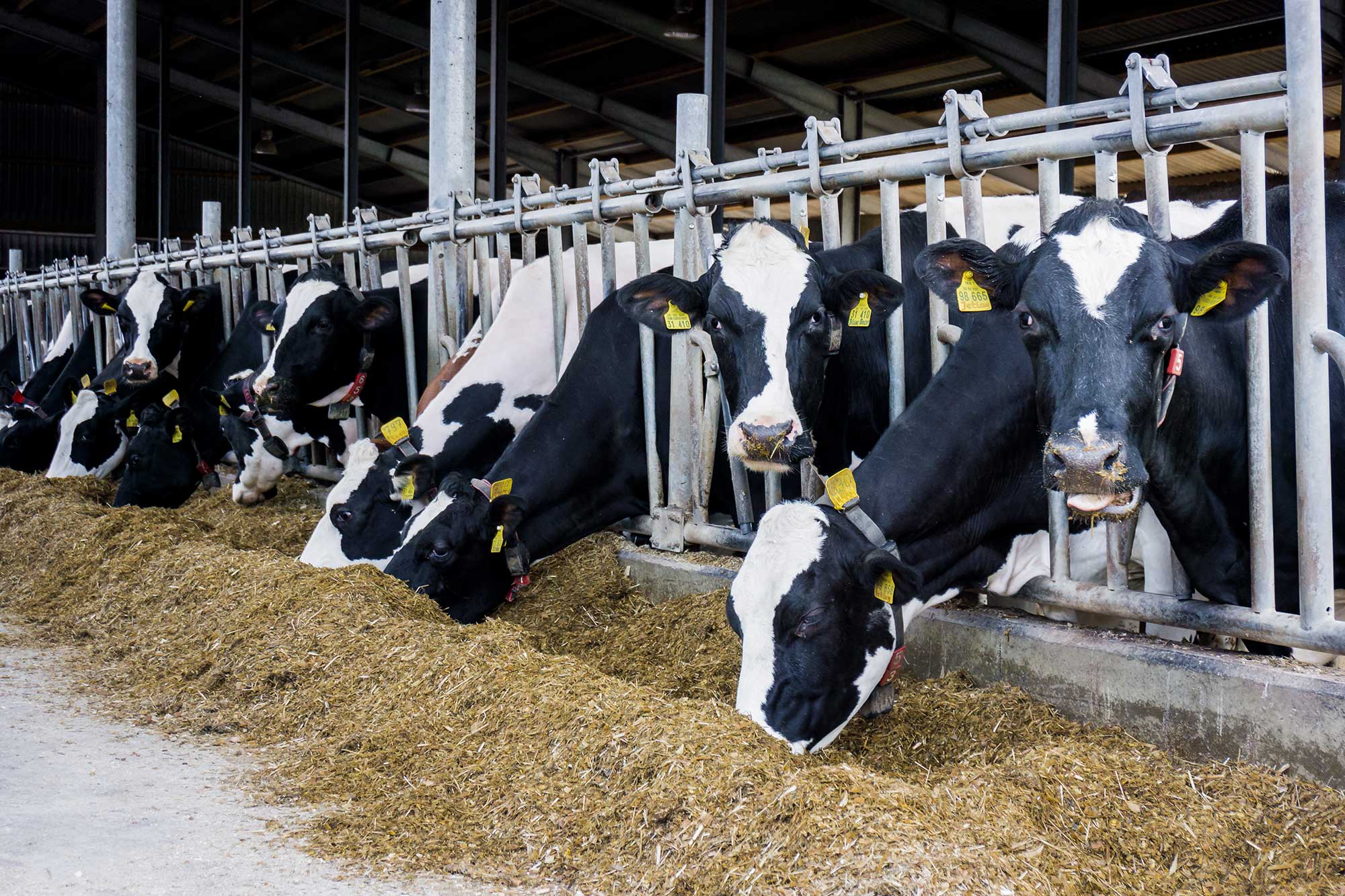
The study, conducted at the Penn State dairy barns, included 16 multiparous cows — cows that have had two or more calves and lactations — that were provided feed with and without 15 percent whole cottonseed, substituted for a mixture of cottonseed hulls and soybean meal, over 21-day periods. The researchers tested the cows’ blood to detect whether a pigment found in cottonseed called gossypol, which can be harmful at high levels, was present, but they found it was well below toxic levels. In addition, the researchers analyzed the cows’ manure to determine the amount of cottonseed that was not digested, and they found that less than 3 percent of seeds passed through.
The results of the research are important, Harvatine explained, because whole cottonseed slowly releases its unsaturated fat in the rumen, which is the first chamber in a cow’s four-chambered stomach where microbes break down fibrous foods. Most other sources of unsaturated fatty acids that can be fed to high-producing dairy cows have negative effects on the rumen. That slow release, he noted, lowers the risk for “biohydrogenation-induced milk fat depression,” a condition that can result in up to a 50 percent decrease in milk fat.
“Milk fat in the U.S. had traditionally averaged approximately 3.75 percent, and now after 10 years of selectively breeding dairy cattle, the average is 4.2 percent,” Harvatine said. “So, that brings us to the point of trying to do two things — increase milk fat by feeding additional fat, but then also keeping up with the cows’ demand for making that additional fat. That’s what led us to experimenting with different feed supplements, and one of them is whole cottonseed.”
While whole cottonseed upped milk fat, the researchers said, it didn’t affect the second component of research: methane production and emissions. Other studies have shown that lipid supplementation, especially unsaturated fatty acids, decreases the activity of methanogens — microorganisms that produce methane — in the rumen, but the researchers in this study did not detect a change in methane production and emissions.



:max_bytes(150000):strip_icc()/20250701_usdm-4d41a68b83a840149b13ae81020908ee.png)
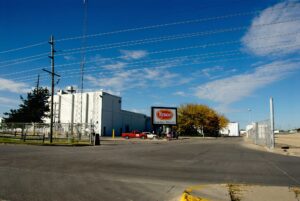


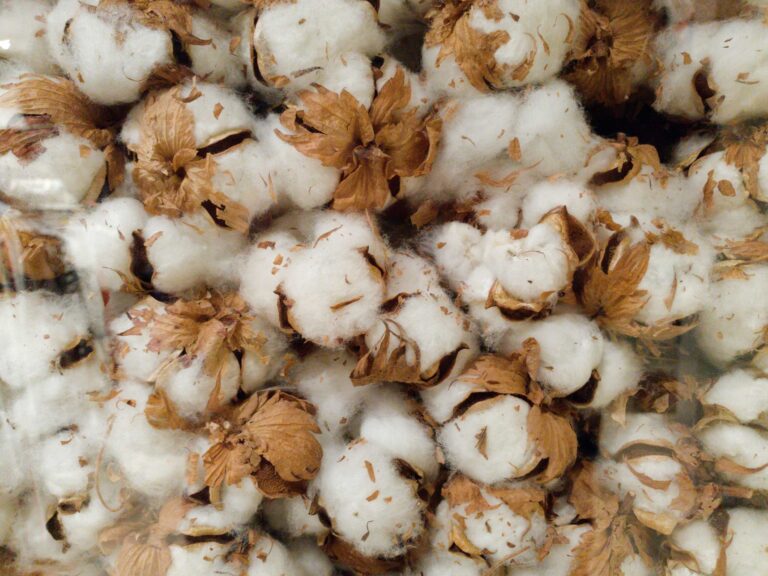
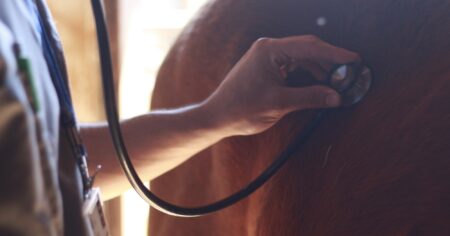

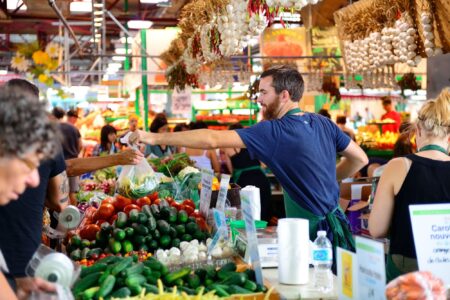
:max_bytes(150000):strip_icc()/SerrNovik-GettyImages-1209733678-a631a963403b4e1abc14818d5e19a370.jpg)
:max_bytes(150000):strip_icc()/Corn-Field-Closer-Natalina-Sents-Bausch-June-17-01d9184751264484be6f80230e2f0875.jpg)